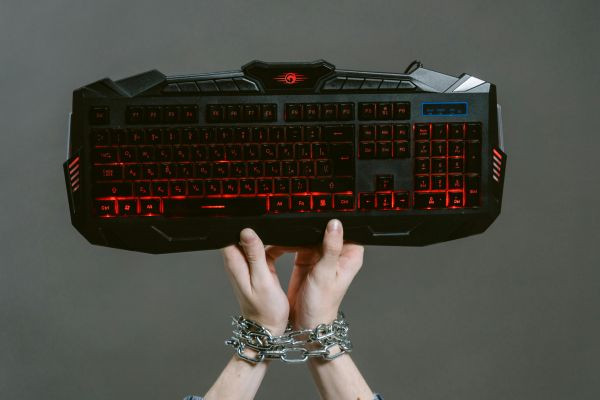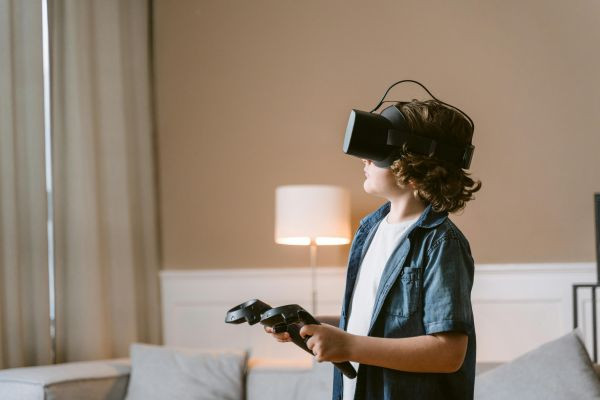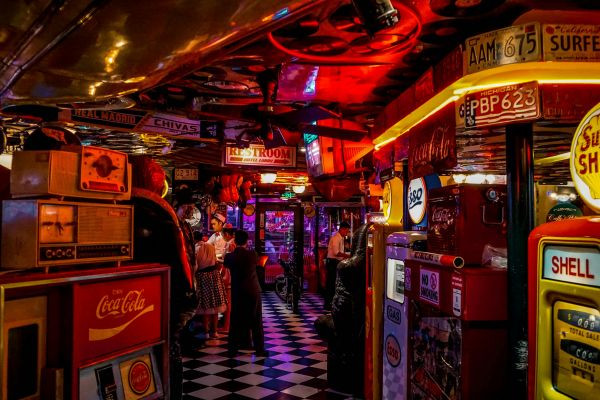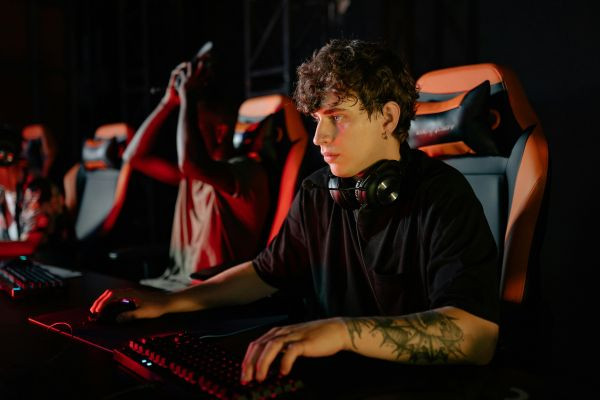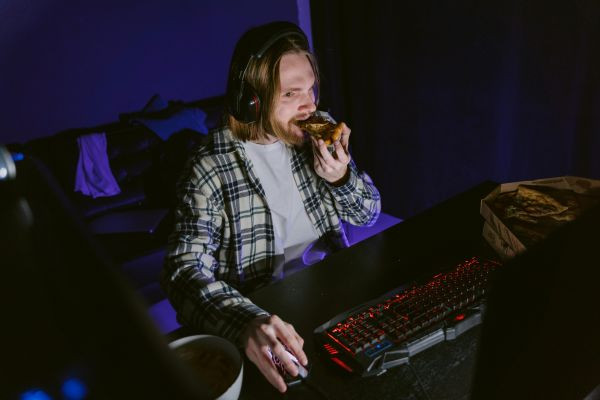Gaming has gone from being a lonely pastime to a vibrant social activity, where millions of players worldwide are currently engaged in online multiplayer experiences.
12/09/24 • 198 Views
Gaming has gone from being a lonely pastime to a vibrant social activity, where millions of players worldwide are currently engaged in online multiplayer experiences. From teaming up with friends to competing against strangers, the social side of gaming has made it into a global phenomenon. However, the more massive these online gaming communities become, the bigger the problem is of toxicity. Toxic behavior entails harassment, bullying, and discrimination, which appears to be a widespread practice in most gaming environments. Ensuring such toxicity is addressed goes quite a long way in the effort to create welcoming spaces for gamers that are respectful and inclusive toward players. This article highlights the challenges of having toxically aggressive gaming communities. It provides ways on how to create better gaming culture.
Effect of Toxicity on Gaming Communities
These behaviors include verbal abuse, cheating, griefing, meaning their intention is to ruin the game for others by ruining it as well, and exclusionary based on race, gender, or skill level. It wounds not only those playing but has significant effects on the overall experience as such behavior encourages new entrants to drop out of playing, discourages people from being present in a given community, making online gaming quite an undesirable proposition for either side involved.
Most effects tend to be outside the gaming scope for many players. There are many reports of harassments and discriminations, often aimed at women, sexual minorities, and racial minorities. Some reported harassment led to more severe mental illnesses, such as anxiety or depression or even burnout. It can be seen based on a recent ADL study that 65 percent of the respondents claimed that some form of harassment had been encountered in their online gaming and harmful for the enjoyment of the game.
Game Developers' Role in Combating Toxicity
Perhaps most importantly, game developers do a lot to prevent such acts from happening. Big portions of game companies have already incorporated their systems for dealing with toxic behavior within their communities. Systems for dealing with toxic behavior include features for reporting the users, moderation tools, and in-game punishments that users then endure due to their hostile conduct.
Some games, like Overwatch and League of Legends, among others, have reporting systems. It is that kind of system where one can report abusive behavior or verbal abuse and cheating. The reported cases are referred to moderators and taken the necessary steps. The action by moderators may be a warning, temporary suspension, or even permanent suspension of an account. For instance, Fortnite has "silence" features where one may mute or block abusive persons to have a safer and more enjoyable playing environment.
While these tools are important, game developers should also promote a respect and inclusiveness culture through their games. For instance, the game could encourage positive messaging, such as rewarding for displaying good sportsmanship, and even for being respectful or helpful to other players. Rocket League offers a community-driven effort by which rewards are accrued when people exhibit good behavior in terms of teamwork, good communication, and friendly actions toward other players.
Making Players Agents of Respectful Communities
As developers meet one important component of their obligation, so too can players be influencing the game environment. The role-playing behavior to be modeled must be empowered and motivated, and interactions must also be shaped on how they come about in a game. Of all the positive means by which to have a more inclusive atmosphere is active positive reinforcement.
It will also be able to reduce toxicity when players are incentivized to play with kindness, empathy, and sportsmanship. Many games already have rewards, such as in-game achievements or cosmetic items, that recognize good behavior that is cooperative and constructive. For instance, in Rocket League, players can give their teammates "praise" or "thanks" to encourage good behavior and a sense of camaraderie. Being able to gain rewards for maintaining a positive attitude and teamwork is kind of a good motivator for respectful engagement.
Moreover, inclusive gaming communities can also change the culture from exclusionary and rivalry-based to collaboration and understanding. It extends to embracing a wider playing ground from women, minorities, to the disabled, and affording it a safe space where there are less or no harassments by way of intimidation. It will also be important to look for unconscious biases and stereotypical thinking: for instance, women are not as competitive in or not as good playing as that for boys.
Creating Safe Spaces: Moderation as well as Reporting Systems
Healthy gaming communities must first be built by an effective moderation process. Indeed, many games provide reporting tools for players to flag problems, but the really responsive and transparent mechanisms, such that those reported would be taken seriously, and action will be pursued against violators of community standards.
Reporting should not be solely reactive but proactive. What game developers could do is make use of AI-powered systems that can automatically identify harmful language or actions within the game, as is in some games already that monitor voice chats and text messages for abusive content. That may help to create an environment in which the behavior is less likely to go wrong in the first instance.
And an easily understood manner of communication outlining the procedure on how to handle toxicity must be spelled out. Their warnings or bans must have displayed effects with measures to handle problems like that. It's a way of accountability, too, letting the community know steps are underway to stop those toxic acts.
Inclusion Culture End
There should be a change of culture, that is, involvement with the gaming to be built towards more comprehensive and respectful communities about games. The game developers and all the players within that sphere work as well to build a safe space in which all people value for themselves.
It all starts with making people feel that they belong, which is part of developing and maintaining a culture of respect. And for developers, creating diverse characters and storylines can be very representative of various identities and experiences. That would make an enormous difference in the feelings of gaming spaces from marginalized groups. And in turn, this diversity will enrich the gaming experience since players learn from one another and broaden their perspectives.
Conclusion:
All parties involved in the game must, therefore, take the blow and responsibility and accountability for toxicities: developers, players, and community leaders. First and foremost, we can begin setting a healthy gaming environment by empowering the player as a role model, inclusive game design, and proper reporting and moderation mechanisms in place. The future of gaming is not in the technology but in the community behind it. We can design this gaming environment where everybody can be considered to enjoy without the fear of harassment or discrimination.



